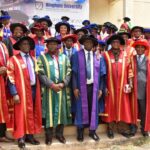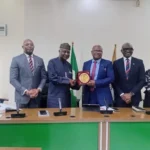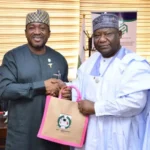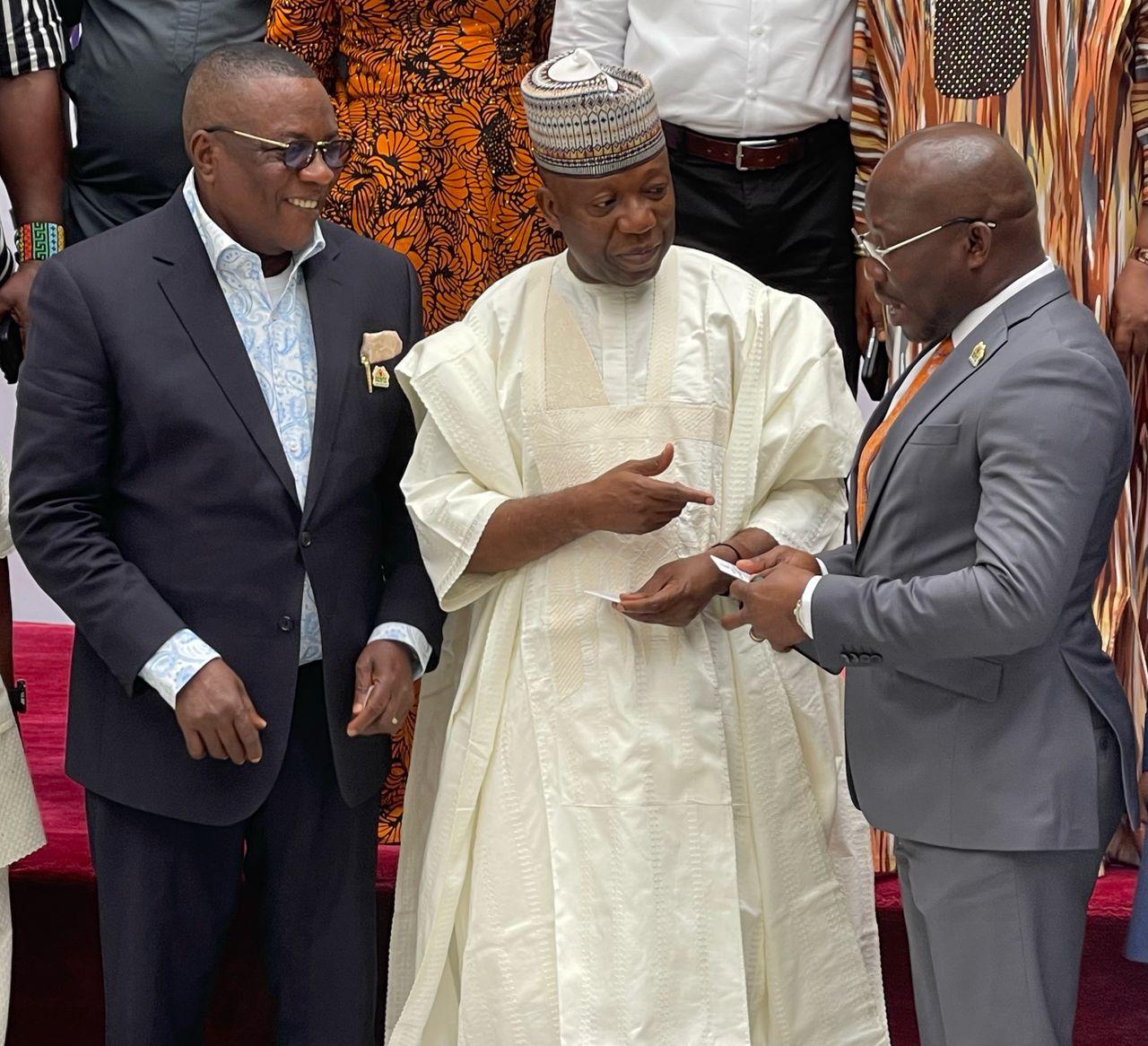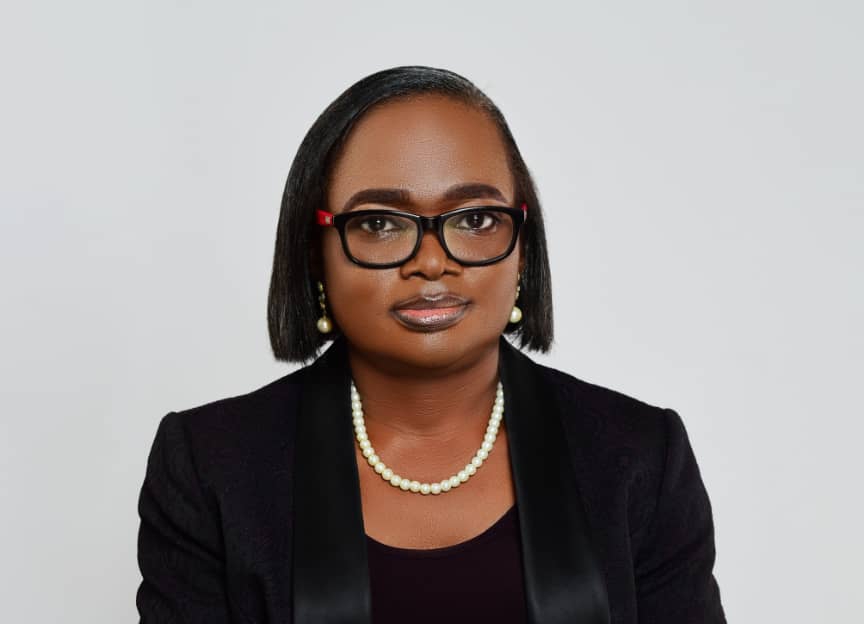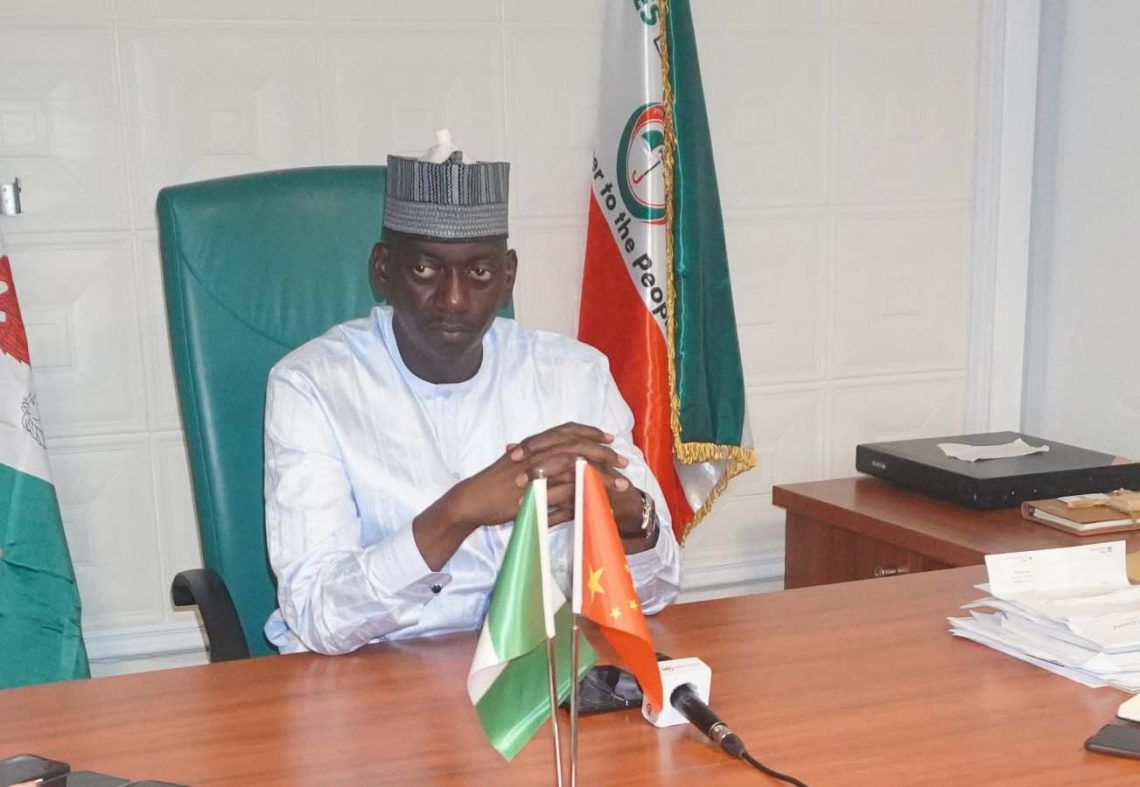NILDS D-G harps on continuous training of legislators
By EricJames Ochigbo Director-General of National Institute for Legislative and Democratic Studies (NILDS), Prof. Abubakar Sulaiman, has stressed the need for continuous training of legislators for speedy delivery of democratic gains in the country. He stated this on Thursday in Abuja at the opening of a two-day workshop organised byContinue Reading


